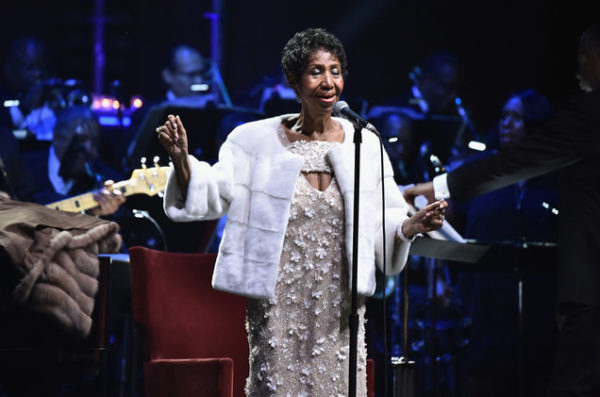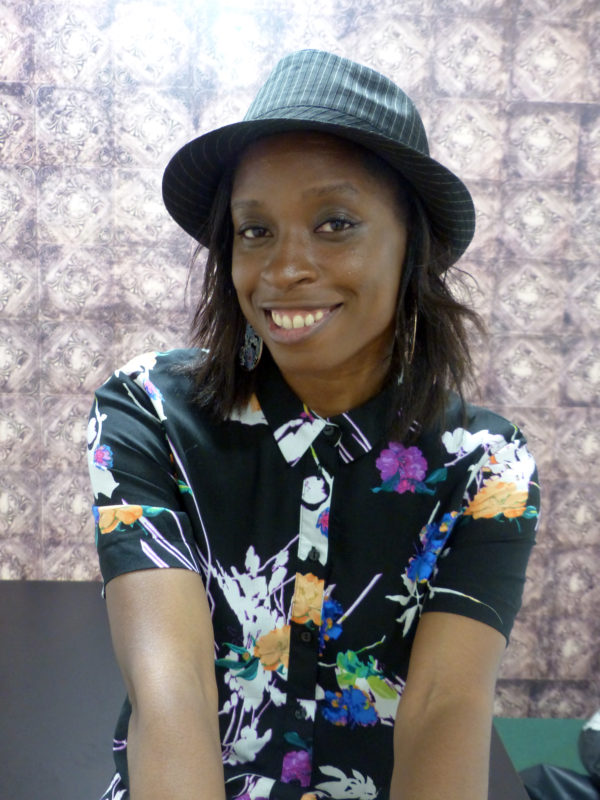
Last week, the American singer Aretha Franklin, venerated for her powerful voice, passed on. Tributes followed, reflections on the impact of the music, activism, and life of the woman called The Queen of Soul. Nigerian novelist Irenosen Okojie recently wrote about her in The Guardian, describing her as a “heroine, agony aunt, wise woman.”
Okojie’s debut novel, Butterfly Fish (Jacaranda Books, 2015), won a Betty Trask Award and was shortlisted for the Edinburgh First Book Award. Her short story collection, Speak Gigantular (2016), was shortlisted for the Edgehill Short Story Prize, the Jhalak Prize, the Saboteur Awards, and nominated for a Shirley Jackson Award. She was recently made a fellow of The Royal Society Of Literature as part of their 40 Under 40 initiative.
Read an excerpt below.

SEVERAL DAYS ago, my mother called me with some bad news. “I think Aretha’s time is coming,” she said. Of course, I knew who she meant. There was only one Aretha. A grenade had been dropped. A soft breath came, followed by a silence, then my response. “I’d heard. My God. Not her too.”
We had a conversation then about black icons – how quickly we seemed to be losing them, and how Aretha had been part of the soundtrack of our lives, her songs woven through so many crystallised moments.
I remember my mother braiding my hair on our veranda when I was a kid in Nigeria, during an unbearably hot afternoon: an afro comb lodged in one side of my hair, Aretha’s Rock Steady spinning on the record player, the needle occasionally jumping, the swell of traffic outside, and Aretha’s irrepressible voice cutting through the noise. It was a thing of wonder to me – a soaring mix of gospel, blues and soul that reached octaves nobody had named. Even as a child, it was difficult not to have some sort of physical or emotional response to her.
Here was a consummate story-teller; this was not polished, devoid of personality but raw and unbridled – either make space for it or get out of its way. I recognised that; I connected to it. Like Muhammad Ali, Aretha was so uncompromisingly black she hypnotised me with the confidence of it. My mother and I connected through our mutual love for her; Aretha’s version of Bridge Over Troubled Water is one of my mother’s favourite songs. During my mother’s struggle with cancer, I listened to it often, drawing comfort from it in a way I didn’t with other songs.
Aretha’s musical influence continued in my life over the years – as gutsy heroine, agony aunt, as wise woman behind my mother, sister and band of aunts. When my first serious boyfriend and I broke up after a four-year relationship, I listened to Ain’t No Way on repeat, wandering around the house like a ghoul on a comedown, before defiantly switching it up to Think, yanking myself from a malaise that threatened to suck me into the void.
Continue reading HERE.








COMMENTS -
Reader Interactions